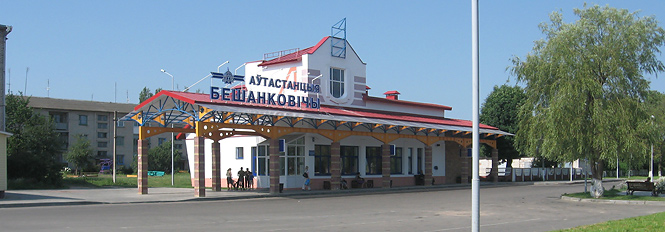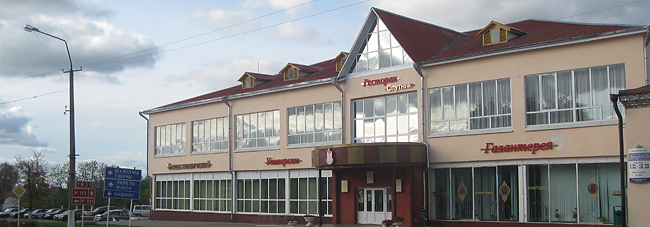Beshenkovichi Regional Executive Committee
Address: 13, Chuklaya Street,
Beshenkovichi, 211361
Phone:
8 (02131) 6-42-45
E-mail:
priemnay@beshenkovichi.gov.by










Address: 13, Chuklaya Street,
Beshenkovichi, 211361
Phone:
8 (02131) 6-42-45
E-mail:
priemnay@beshenkovichi.gov.by










Resident companies of the free economic zones in Belarus will be offered tax preferences to compensate for the losses as the Eurasian Economic Union abolishes the customs privileges as of 1 January 2017, Belarus Economy Minister Vladimir Zinovsky told reporters after the meeting with the head of state to discuss the development of the free economic zones.
According to the minister, these compensatory measures are similar to those already adopted by the EEU partners. "Some 60% of the losses to be caused by the abolishment of the customs privileges will be compensated," Vladimir Zinovsky said.
The measures that were reviewed at the meeting included the easements on the payment of VAT, rent of land, the extension of service of the Belarusian FEZs, relaxing the investment threshold requirement for the registration of new resident companies. The boundaries of the free economic zones Brest, Grodnoinvest and Vitebsk will be extended.
"Measures have been adopted to protect the interests of our enterprises, within the law applicable in the EEU," the minister said. "We must work on an equal footing with our partners in the EEU. If our colleagues support the FEZ resident companies, we must create similar conditions."
Vladimir Zinovsky also noted that today the FEZ resident companies operate well and aim for foreign markets. In January-September 2016, FEZ enterprises had a $742.3 million surplus in foreign trade.
For his part, Chairman of the Board of Directors of Santa Bremor (resident company of FEZ Brest) Alexander Moshensky noted that stability is very important for business. "It is no secret that Santa Bremor is a successful enterprise. But I can say that the state played a pivotal role in this. 20 years ago the government established the rules of work in FEZs. This, among other things, helped us become competitive on the market, launch exports. Conditions were created for reinvesting profits in Belarus," he said.
"Today, I think, thanks to the president and the government, we have most favorable working conditions in the Eurasian Economic Union," Alexander Moshensky said.